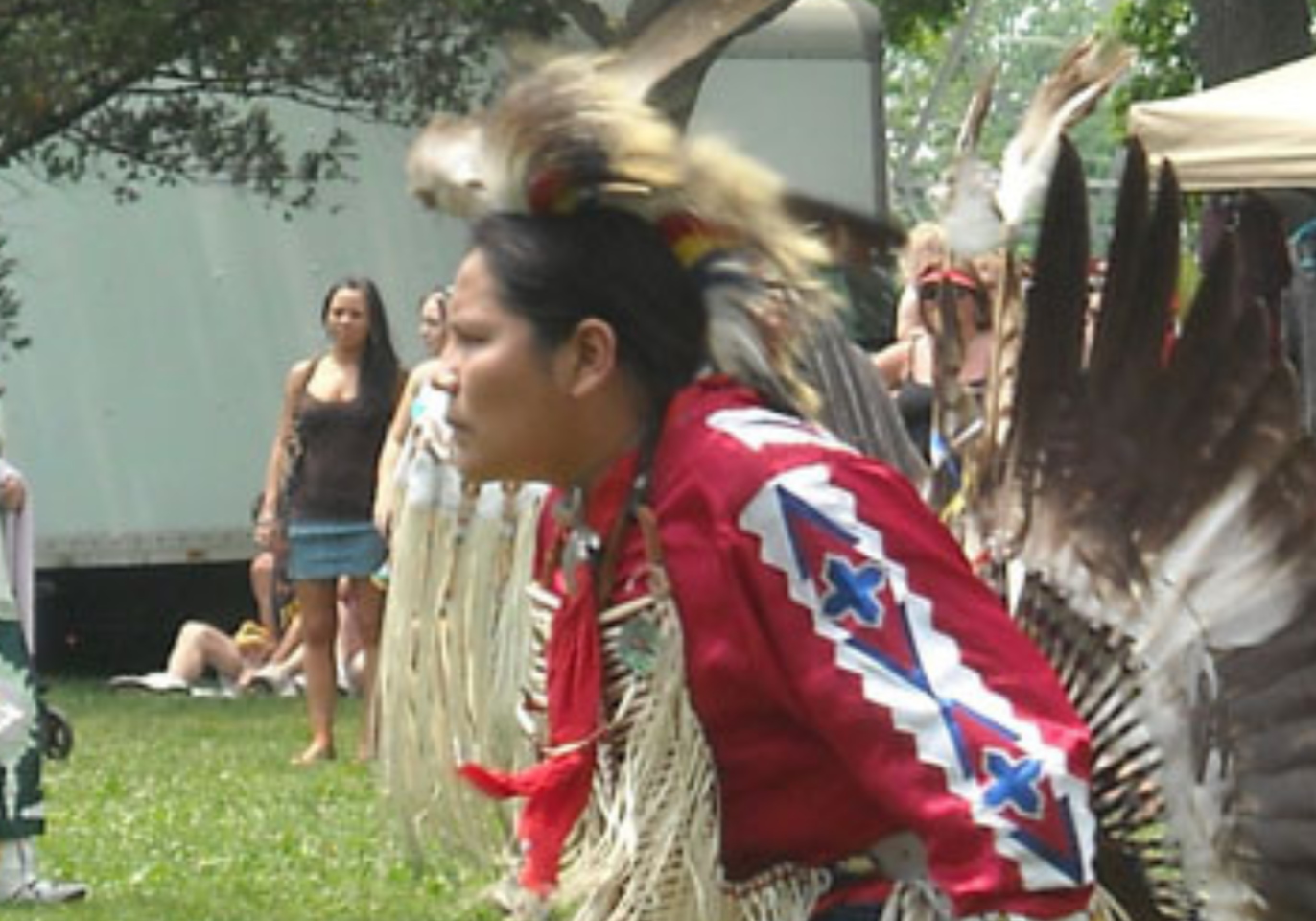Think This Improvement Area is Right for Your Lake?
☐ Are you open to hearing and being witness to different perspectives?
☐ Have you ever met an Indigenous person in Ontario and gotten to hear their history and perspectives from their own voice?
☐ Are you aware of the full history of your area?
☐ Are you interested in fostering meaningful connections with Indigenous communities and residents in your area?
☐ Do you know what a treaty is and which treaties govern your area?
☐ Can you recognize some of the influences of colonization on Indigenous communities across this part of Turtle Island?
If you've answered YES to any of these questions, the Reconciliation, Humility & Kindness Improvement Area may be beneficial to your lake!
Indigenous Peoples & The Land

Indigenous Peoples have held a reciprocal relationship with the lands and waters of Turtle Island (Canada) since time immemorial.
The Land Between the region the Blue Lakes Program operates within, is located in Williams Treaty 20 Mississauga Anishinaabeg territory and Treaty 61 Robinson Huron territory in the traditional territory of the Anishinaabeg. These Nations are the inherent stewards and caretakers of this Land. The Original Treaties of Canada indicated that only the land would be shared equally between Indigenous Nations and Settlers, and only as deep as the plow. This sharing, which was the basis of the Constitution, also enabled a protocol of discussion and informed consent, creating the Duty to Consult with Indigenous peoples about activities that affect their rights and title. This Duty is embedded in the Constitution and is to be honoured at all levels.
Recognition
Do you know the history of the land your home is found on and the Indigenous territories that exist on it? There are great masses of land in Canada that were unrightfully taken from Indigenous people, known as "unceded land". Unceded land is territory that Indigenous peoples never legally signed to the Crown or Canada. Even in the case of ceded land, it is widely held that a substantial portion of the land in Canada was not “taken” legally, as most Treaties were created improperly and did not allow for prior and informed consent. Acknowledging that the land rightfully belongs to Indigenous peoples, the First Peoples of Turtle Island, now known as Canada, and acknowledging that we currently live and work on lands steeped in rich and dark history is an important step in reconciliation.
Relationships
It is important to recognize that environmentalism and Indigenous rights go hand in hand, as Indigenous peoples hold traditional knowledge and relationships that are necessary to truly maintain thriving ecosystems. However, Indigenous peoples and their way of knowing have been repeatedly excluded from decision-making processes within and beyond the conservation space. Our goal is to seek partnership with Indigenous peoples and guidance from their invaluable skills, knowledge, and relationships with the natural world.
Reconciliation
Reconciliation is not a point in time, but an ongoing process that involves humility, willingness, and action amongst individuals and governments. Acknowledging the ongoing disproportionate oppression faced by Indigenous peoples and maintaining a genuine, mutually respectful relationship with a commitment to change future behaviours is the first step in Reconciliation.
Reconciliation is more than learning and sentiments, it is about walking hand in hand and maintaining respectful understanding and relationships with Indigenous peoples and Nations, learning about and acknowledging the past and its ongoing impacts, and an ongoing commitment to kindness.
What Can I Do to Learn More About Indigenous Ways of Knowing and Being?
Learn about the history of colonization in Canada and its ongoing impacts to Indigenous Peoples on Turtle Island.
Learn about the Land you live on and the Nations/Communities and the Treaties that cover that Land.
Establish and foster meaningful and respectful relationships with Indigenous communities and community members by attending educational events or workshops.
Work with local Indigenous communities to create meaningful Land Acknowledgements that include acknowledging the past, active changes being made in the present, and commitments for change in the future.
Want To Learn More?
The Blue Lakes Program has put together a brief guide on Indigenous history in Canada, more about land acknowledgements, as well as additional reading and resources. You can launch the guide below!
